
Leverage Your Technical Knowledge And Writing Skills To Get Into A Top Paying Medical Writing Position
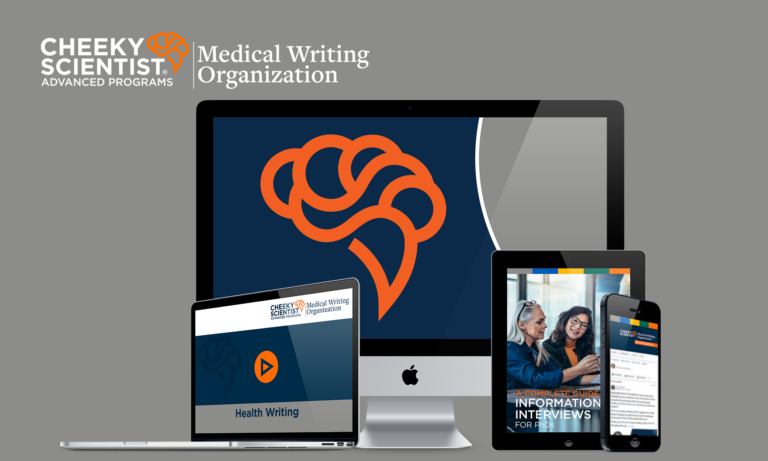
Medical Writing Career Track
Medical writing is one of the industries that has continued to grow during the recession. The Medical Writing Career Track guarantees you a career in Medical Writing because you get access to all the resources. Join the Association’s Diamond Program now to take advantage of this program.
Here’s What You Get Immediate Access To When You Become A Cheeky Scientist Association Diamond Member...
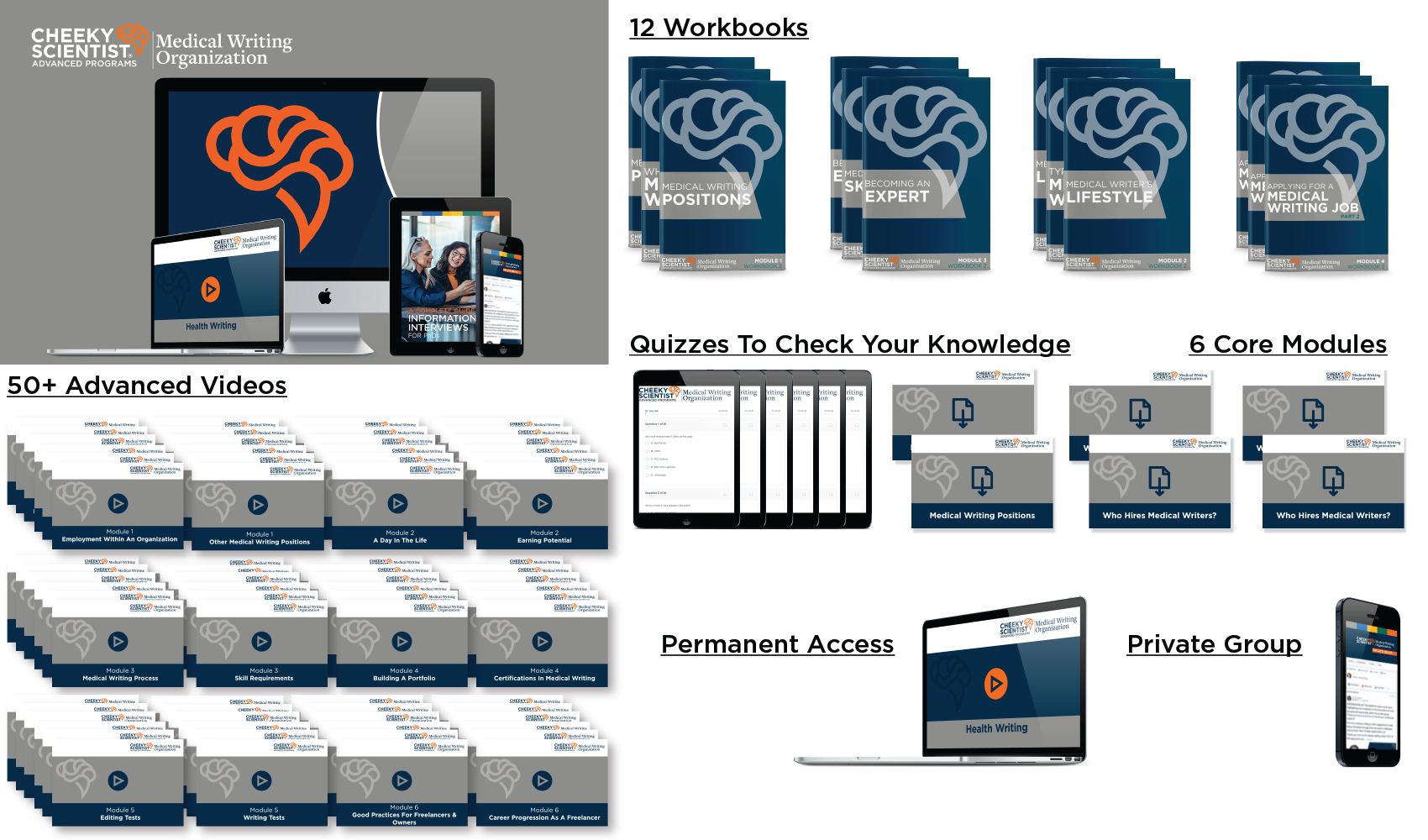
THE MEDICAL WRITING CAREER TRACK IS DESIGNED FOR PHDS WHO WANT TO…
- Spend more time writing about science than performing experiments.
- Do full justice to scientific breakthroughs by properly communicating the results of experiments or research.
- Gain the flexibility to move to any location and select their choice of work environment.
- Enjoy the benefits of having a self-directed personality and excellent time management skills.
- End the mounting dissatisfaction they’re experiencing from spending hours at the bench in academia.
- Gain more control over their working hours so they can set their own schedule.
- Join a circle of professionals who value collaboration and enjoy helping colleagues out.
- Get paid a comfortable salary to pursue their favorite activity — writing.

“Considering that medical writing is such a large and diverse field, The Medical Writing Career Track covers the topic both in depth and breadth. I have learned so much about other fields of medical writing beyond my own (regulatory writing). You learn about the target audiences, companies and niche areas, and functions that medical writers can explore and further develop – some of which are also relevant for those already in the field and would like some future directionality. In addition to the fundamentals, you also learn about the industry in different regions, how to make yourself more visible for potential employers, and learn tips on how to interview and tackle medical writing tests. I wish the Medical Writing Career Track was around when I first started my career! It would have saved me a lot of time!”

“The Medical Writing Career Track, a collection of writings authored with transitioning scientists in mind, is truly an insightful and informative resource for anyone thinking about a career in medical writing. It describes with vivid clarity that communicating science to a diverse audience is at the crux of medical writing. Dispelling the notion that Medical Writers spend all day writing, it clarifies that progressing in the field requires building experience in client communication, working with multiple stakeholders (scientists, physicians, quality, regulatory, legal) and leading document development in a cross-functional environment. The Medical Writing Career Track collection also showed me that Medical Writers are committed to professional development, mentoring and positively representing medical writing to both internal and external customers. This course is definitely a keeper that I will recommend for anyone interested in breaking into and growing within the fascinating world of medical writing.”
This Personalized Feedback And Targeted Mentoring Equips You Earn An Industry Position…
Becoming a Medical Writer has its perks—one of which is a comfortable salary.
Here are a few stats that prove just that…
- Glassdoor reports that medical writing jobs in the US offer an average salary of over $80,000.
- PayScale reports that, on average, a US medical writing position can offer over $70,000 a year, with pay increasing by experience.
- Indeed reports that, based on their data, the average US Medical Writer salary is over $95,000 annually.
- The American Medical Writers Association reports that the average salary is over $80,000 annually, while the European Medical Writers Association reports over €45,000 annually.
The numbers vary, but the bottom line is this: As a Medical Writer, you can finally begin to recoup your investment in your PhD education.
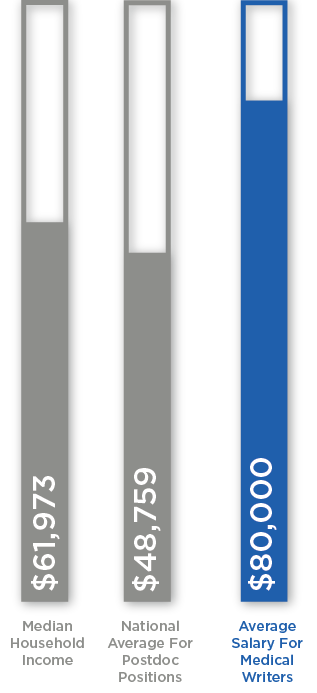
However, a nice paycheck isn’t the biggest draw of joining this industry.
The real advantage? Medical writers have the ability to pursue their careers in an environment that is especially suited for individuals who crave freedom, flexibility, autonomy, collaboration, and variety.
That’s because, as a Medical Writer…
You can work from home—or you can work at an office.
You can have a handful of steady clients—or you can enjoy a variety of projects and companies.
You can become an employee for a corporation—or you can strike out on your own as a freelancer.
You can enjoy the heights of Denver, the bustle of London, or the tranquility of the Swiss countryside.
You can enjoy three days of vacation—or three weeks of leisure.
It’s Time To Get Serious About Pursuing Medical Writing If You Answer YES To Any Of These Questions…
- Was writing about your research the most exciting part of your academic background?
- Are you increasingly frustrated by the hands-on role you play in academia, and finding increasing joy in communicating scientific knowledge to others?
- Did you find yourself volunteering for academic projects that involve writing?
- Do colleagues come to you when they have questions or need help with research papers?
- Do you enjoy explaining, simplifying, or translating scientific facts to friends, family members, or fellow PhDs in nonscientific academic studies?
- Would you rather have a flexible career and earn a comfortable salary than be miserable in a low-paying academic role?
- Do you find you can’t help but notice improper comma usage and awkwardly worded sentences in research articles?
- Can you easily flex between working with others while driving your own projects toward completion so you meet critical deadlines?
- Do you dread going to the lab but get excited about digging through research articles online?


The Medical Writing Career Track Is Designed To Give You A Comprehensive Overview Of The Medical Writing Field So You’re Informed About…
- The various niches within the industry. Get a glimpse of the breadth of potential positions available to you. Whether you’re interested in pursuing creative scientific writing as a journalist or leveraging your attention to detail as an editor, this course will help you select an industry position that’s tailored around your talents and academic background.
- Prominent organizations and guidelines in the medical writing field. Becoming a sought-after Medical Writer is much easier when you know which associations and resources deserve your attention. You’ll gain numerous links to helpful, medical-writer-approved websites — so you strengthen your industry knowledge.
- Long-term prospects for your career. There’s more to medical writing than simply landing an entry-level position. In this course, you’ll learn about how to climb the corporate ladder as a Medical Writer, as well as additional entrepreneurial avenues that are open to you. Knowing your long-term career options will help you make better short-term decisions.

Knowing A Medical Writing Career Is Right For You Is One Thing… Landing A Position That Reflects Your Actual Worth Is Another.
Just Ask Evguenia…
Evguenia hailed from a STEM academic background, having earned her PhD in Biochemistry studying Human Genetics.
Like you, she decided she wanted to leave academia.
And, perhaps like you, she wasn’t exactly sure what industry position was right for her.
However, eventually, Evguenia got clarity on the future career that best suited her interests: medical writing.
But she had no idea how to get into a medical writing role. And, as she learned more about the medical writing career paths, she had heard horror stories of how difficult medical writing tests and interviews could be.
That is when Evguenia realized the medical writing career path was not going to be easy. To get hired into a top medical writing career she was going to need access to high-level training and a high-level network.
Evguenia launched her medical writing career as an editor, jumping from one freelance client to another and not getting paid what she was worth.
This was far from an ideal role.
The good news is that isn’t the end of the story.
Fast forward to the present: Evguenia is a top-paid Medical Writer, Science Communication Consultant, and Co-Editor of the Medical Writing Journal. Thanks to her career, she’s able to freely travel and even devote time to helping other aspiring Medical Writers.
To Enter The Medical Writing Field, Evguenia Had To Learn The Hard Way
She’s Now Reaping The Rewards Of Her Hard Work…
And Now She Has Put Together A Course With The Medical Writing Career Track Board That Shares Her Industry Knowledge.
For Evguenia, creating the coursework for the Medical Writing Career Track was a personal thing.
She understands what it’s like to be a PhD with zero training, to not know who to talk to, and to lack the confidence to land your ideal job.
But she also knows what it is to overcome obstacles.
And now that she’s on the other side of the struggle, she loves mentoring others on how to succeed in this field.
The beauty of the Medical Writing Career Track is that you don’t have to search for reliable information about breaking into the field. You don’t have to piece together information from a variety of sources.
Instead, You Can Enjoy A Single Resource That Harmonizes Evguenia's And The Medical Writing Career Track Board Member's Industry Knowledge And Experience.

“The content presented in the Medical Writing Career Track is exactly what I could have used two years ago when I first became interested in a career in medical writing. While I've recently transitioned into a Senior Medical Writer role, it took me a few years to make the jump into a writer position. I have no doubt that if Medical Writing Career Track was available a few years ago, I would have secured a Medical Writer position from the start. Not only do the modules describe the various medical/science writing positions and their deliverables, the interview and writing test preparation modules were spot on compared to my interview experience. The opportunity to get feedback on writing test examples is invaluable. And while I'm currently working as a Medical Writer, the content is applicable to me now because it provides content on building relevant skills and provides information on professional organizations.”

“The Medical Writing Career Track provides a really comprehensive view of the field of medical writing (sensu lato), which is useful for aspiring writers hoping to transition, as well as existing writers wanting to improve and progress in their careers. I like that it's written in a personalized perspective for PhDs coming out of academia and helps them find their ideal spot within the broad field. I appreciated the practical tips and hyperlinks to references, useful reading materials, websites and courses. All this was nicely underlined with testimonials from actual Medical Writers, which gave it more real-life flavor.”
Medical Writing Tests Aren’t Easy
After all, they’re designed to weed out the unqualified Medical Writers from those who excel at science communication.
What’s more, your future employer isn’t bound to the expectations and norms you’ve perhaps enjoyed in academia.
Here are four special challenges to be aware of:
- You’re not given months to prepare. In academia, you may have weeks and weeks to prepare a research paper. Think back to your PhD. You literally had years to immerse yourself in research and carefully craft a dissertation around it. But you can expect a different reality in the medical writing industry. For these writing tests, your prospective employer won’t give you months to craft your content and polish it to perfection. You’ll be given an assignment, and you’ll be expected to complete it on schedule while maintaining proper grammar and scientific accuracy.
- Your assignment may require you to write for an unfamiliar audience and genre. When you’re in academia, the target audience of your research papers is primarily your peers — other scientists who speak the same language. In other words, your audience was rather limited, and the type of content you wrote had a predictable tone, style, and structure. Moreover, you probably never paid attention to the way you wrote, so long as your results were convincing enough to win over reviewers. Medical writing is much more broad and varied. Some Medical Writers do write for researchers. But some create scientific news reports or regulatory documents or work for non-profits and the list goes on and on. All that to say, you can’t treat your medical writing test as the equivalent of your academic publications. Your prospective employer may ask you to write content that communicates to non-academic individuals. They may instruct you to employ writing styles you’re not skilled in. To prepare, you’ll need to step outside of your comfort zone.
- The testing process may also include an editing test. Your future employer may want more than stellar writing skills. An organization may also want someone who can spot errors, condense superfluous verbiage, or revise content for an appropriate audience. So before you start applying for medical writing jobs, be aware that an organization may require an editing test — in addition to a medical writing test.
- Feedback isn’t a guarantee. The key to learning from any writing or editing tests you complete during the application process is feedback. Otherwise, it’s difficult to pinpoint your mistakes — and make important steps to improve. The medical writing industry can be a bit like that professor who wouldn’t explain why you got a subpar grade. Your potential employer or client may or may not give you feedback on your writing tests. You might never know if a dangling participle, clunky abstract, or sloppy editing job cost you a position.
All These Factors Can Combine Together To Lower Your Confidence.
However, Our Career Track Works to Prepare You for Medical Writing and Editing Tests.
The Medical Writing Career Track actually devotes an entire module to the tests you might encounter during the application process.
In fact, there’s one chapter that tackles writing tests, and another that addresses editing tests.
Both workbooks contain true-to-life writing and editing assignments.
But here’s what’s just as important
We’ve prepared it in a way to receive feedback on your assignments — which can help you take your career to the next level.
The Medical Writing Career Track automatically includes access to a private group consisting of experienced and aspiring Medical Writers, including Evguenia Alechine — the program leader.
Your mentorship materials will instruct you to post each of your assignments to the private group — allowing you to receive personalized feedback from people who have successfully navigated these assignments in the past.
Your private group is also an ideal setting to network with Medical Writers and share the struggles and triumphs you experience along your journey.
Take a look at the supportive system our private group provides for aspiring Medical Writers…

“The Medical Writing Career Track was born from the need to provide PhDs with a comprehensive and tailored program to nail a successful career in medical writing. We worked hard to put together a very advanced but easy-to-follow program. The program goes in-depth into every aspect of the unique medical writing hiring process -including hands-on writing and editing tests- as well as all you need to know to stand out in the crowd and climb your career ladder. The program gives you access to a network of experienced medical writers and, unlike other programs, is exclusively focused on PhDs and their unique transition struggles. The Medical Writing Career Track is run by medical writers with experience in different fields. If you have a PhD and want to become a medical writer, this program is for you.”
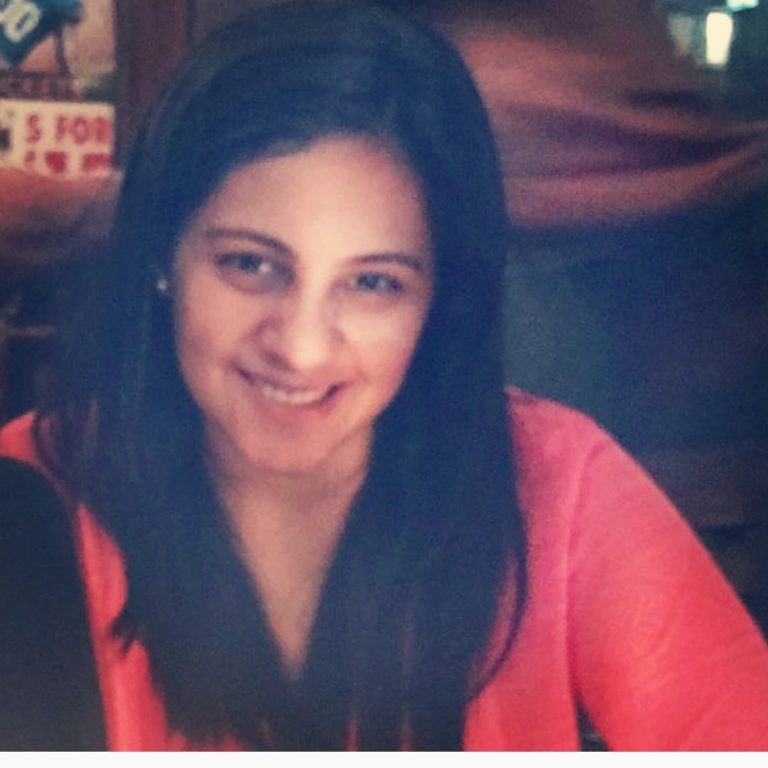
“After reviewing the Medical Writer's program, I am very impressed with the scope and the detailed information of the modules. It gives a broad overview of the Medical writer opportunities and will help with choosing the right career path for many graduates worldwide. MWA program provides accessible informative content at a reasonable price while offering access to other experts in the same fields. After completing my Ph.D, I have transitioned straight to a Medical writer role and I couldn't be happier to choose this career path. Every day helps me grow both personally and professionally. I am sure this program will help sharpening your creative minds to grow and achieve your dreams! Success comes to you when you take the first step and this should be yours if you want to have a better understanding of Medical writers' career path.”
It Doesn’t Matter If You Majored In Biochemistry Or History.
If You Have A PhD, The Lifestyle Of A Medical Writer Is Yours For The Taking
Becoming a Medical Writer doesn’t require a specific degree. The reality is, if you’re a PhD, there’s a good chance you possess the training needed to adapt to the requirements of various organizations and craft their medically focused content.
No matter what your background is…
- Aerospace engineering
- Agriculture
- Analytical chemistry
- Analytical chemistry
- Bacteriology
- Biochemistry
- Biology
- Biomechanical engineering
- Biomedical engineering
- Biophysics
- Botany
- Cell biology
- Chemistry
- Classical genetics
- Cognitive Neuroscience
- Ecology
- Endocrinology
- Engineering
- Entomology
- Genetics
- Immunology
- Inorganic chemistry
- Invertebrate zoology
- Marine Biology
- Mechanical engineering
- Medicine
- Microbiology
- Molecular biology
- Molecular genetics
- Neurobiology
- Organic chemistry
- Pathology
- Pharmacology
- Physical chemistry
- Physics
- Physiology
- Psychology
- Sociobiology
- Sociology
- Toxicology
- Virology
- Zoology
To Fully Succeed in This Field, You’ll Need More Than a Passion for Medical Writing
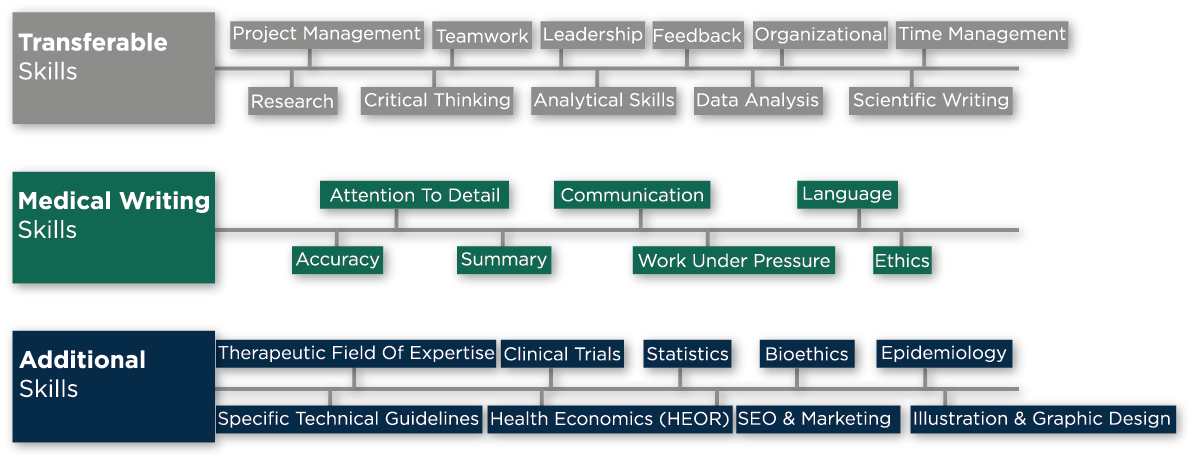
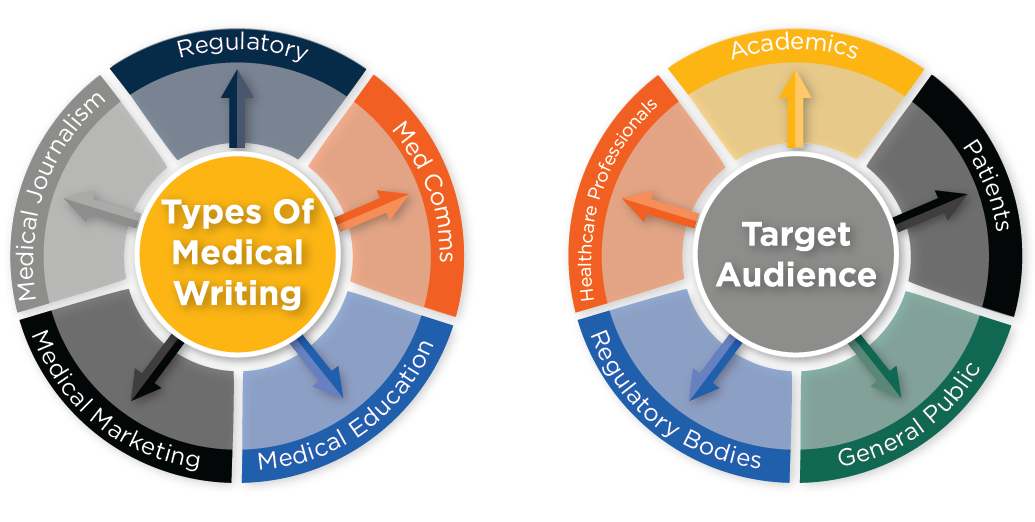
Landing a Position Isn’t Dependent on Being a Native English Speaker
Whether English is your native tongue or your second language, you can get hired.
English is the language of science.
Throughout your PhD career, you have honed your English-language skills in order to write your thesis, publish, and pass your defense. Being taught English later in life also means you are probably more abreast of grammar and sentence structure rules than even a native speaker.
Leverage your multilingual ability and showcase this to employers as a strength and not a weakness.
Here’s what you need to know:
The mentorship materials for the Medical Writing Career Track weren’t crafted by someone who was born and raised in the US.
If you’re well-versed in written English…
… if you can carefully craft paragraphs…
… if your writing has grammatical precision…
… then you shouldn’t focus on your national background.
This course can help you build your confidence — whether your first language was Chinese, Russian, Hindi, or Spanish.

This Program’s Private Group Allows Scientists to Ask Questions Freely
Whether you’re a PhD candidate, postdoc, employed PhD, or unemployed PhD, the Medical Writing Career Track is here to replace embarrassed silence with helpful support.
The beauty of the Medical Writing Career Track is that PhDs get instant access to a private group where they can ask their questions freely.
There’s no need to worry whether others have access to this group.
Only fellow Cheeky Scientist members and approved moderators will be able to see and respond to messages.
Take A Look At What’s Included In Your Course Materials
Enjoy a systematic introduction to medical writing. This course will help you organize and systematize industry information, helping you understand the medical writing field step-by-step.
- The Career Track starts by explaining the different opportunities you can explore, providing key information for evaluating hiring decisions. And the course concludes with information that reveals what your future career might look like.
- Your course provides a wealth of Medical Writer-approved resources. Whether you want a list of recommended books or to know which professional associations to consider, the workbooks will reduce the confusion of DIY research.
- You’ll also enjoy learning at your own pace. Going from academia to industry is a transition. Even when you have narrowed your focus to the medical writing field, you can still become overwhelmed with the amount of information to sift through. This self-directed course helps you absorb information as slowly — or as quickly — as you’d like.
Read insights, and get guidance from a practicing professional — as well as other individuals in the field.
- The workbooks in your 6-module course weren’t written by a corporate organization or academic institution. Your course was designed by a PhD who’s experienced the challenges you face and is now working in the medical writing industry.
- You’ll hear detailed testimonials from medical writing professionals who were also part of the Cheeky Scientist Association. Discover how they made the leap from academia to their first industry job — and get a glimpse into what you might experience during the application process.
- You’ll enjoy a “slice of life” look at the medical writing field as you read first-hand accounts from different professionals. You’ll get a glimpse into their responsibilities and types of projects — and you’ll even learn more about the work-life balance Medical Writers can enjoy.
Get the chance to connect with a community of aspiring and experienced Medical Writers and as well as interacting with your course instructor.
- Meet other colleagues, and engage in conversations about your recent tests, potential job offers, and medical writing association events. Our private group connects you with other PhDs who share your career objective.
- Enjoy the accountability that comes from your private group. When you upload your writing and editing tests (along with their completion time), your fellow members can provide constructive, personalized feedback. Knowing that others are viewing your work will incentivize you to complete your assignments in a professional and timely manner.
- Watch live group videos weekly as well as monthly webinars with special guests on advanced medical writing topics.
Access information to prepare for interviews and understand your industry value so you’re more fully equipped to demonstrate your competency.
- Discover industry benchmarks for compensation. We’ll help you understand what kind of pay you can expect so you’re informed when it’s time to discuss your salary with a potential employer.
- Read questions that ready you for the interview process. Evguenia has provided a number of probing questions, which can help you think on your feet and intelligently articulate your value during interviews.
- Discover the key knowledge this industry demands. This course covers the skills you’ve had a chance to demonstrate in academia, as well as those you’ll need to hone to take your place in the medical writing field. This doesn’t simply prepare you for a future position. It also helps you to know which qualities to underscore in your resume or during interviews.
Gain access to your mentorship materials. Your membership to the Medical Writing Career Track never expires, and you can retrieve your educational resources over and over again.
- Watch over 50 interactive videos that contain instruction from Evguenia Alechine, PhD, Cathy Sorbara, PhD and Isaiah Hankel, PhD. You’ll also have access to the transcripts for these videos as well.
- At your leisure, read more than 12 workbooks — two for each module. Your modules also contain quiz sections as well as exams to assist in the learning process.
Who The Medical Writing Career Track Is NOT For…

It’s NOT For Those Who Lack Communication Skills
This person might be drawn to the medical writing field because they’d like to travel the world, interact with high-profile organizations, or enjoy the novelty of being a paid writer.
But the truth is, they hate writing.
However, the true Medical Writer doesn’t love the industry for its benefits alone. He or she genuinely has a passion for scientific communication.
If you’re pursuing a medical writing career — but don’t enjoy taking up your pen — the Medical Writing Career Track is not for you. Instead, we’d encourage you to find another career niche.
It’s NOT For Those Who Won’t Pay Attention To Details
This person doesn’t mind if they’ve written an abstract with missing commas. They don’t care if they switch verb tenses in the middle of a sentence. And they really don’t recognize that they left out some key details from their research paper.
But that’s not the professional Medical Writer.
In medical writing, details matter.
You shouldn’t allow grammatical errors and sloppy work to undermine important scientific research.
If you’re not willing to pay attention to the finer details…
… if grammar mistakes and inaccuracies don’t bother you in the least…
… then the Medical Writing Career Track is not for you. We believe that attention to detail is critical when it comes to this industry position.

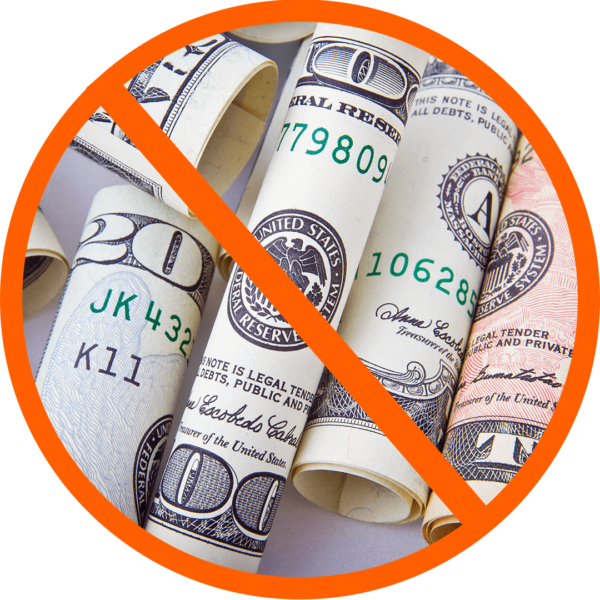
It’s NOT For Those Who Are Motivated By Money Alone
Your motivation for joining the medical writing field should be simple: you love science, and you love to communicate science.
If you crave freedom, flexibility, autonomy, collaboration, and variety – a medical writing career can help you achieve the professional lifestyle you have always wanted.
3 Reasons The Medical Writing Career Track Deserves Your Attention
1. You’re Ready To Pursue Your Passion For Writing.
Perhaps you’re stuck in postdoc research. You’re beginning to dread the daily grind at the lab, and you feel frustrated because there’s too little time for what makes you tick — writing about science.
This is why the Medical Writing Career Track deserves your attention. Joining the Association’s Diamond Program can be the nudge you need to officially leave academia behind and pursue your dream job.


2. You’re Ready To Do Justice To Science.
Maybe you’re discouraged by the current state of scientific communications. You’re amazed at the scientific breakthroughs you encounter, but you find that the way some scholars present their findings sabotages their incredible research.
You’re passionate about using effective communication to showcase that new therapy, or explain that landmark research on Alzheimer’s.
And you know you can make a difference… if only you were a Medical Writer.
Joining the Association’s Diamond Program is taking another step toward that goal.
3. You’re Realizing Your Day-To-Day Environment Doesn’t Support The Kind Of Freedom You Crave.
You want a career where you feel valued but can be flexible and independent at the same time.
If you’re eager to transition to a lifestyle that’s dramatically different than what you’ve experienced in academia, it’s time you gave the Medical Writing Career Track your serious consideration.

Here's What You Get Immediate Access To After Joining The Association's Diamond Program...
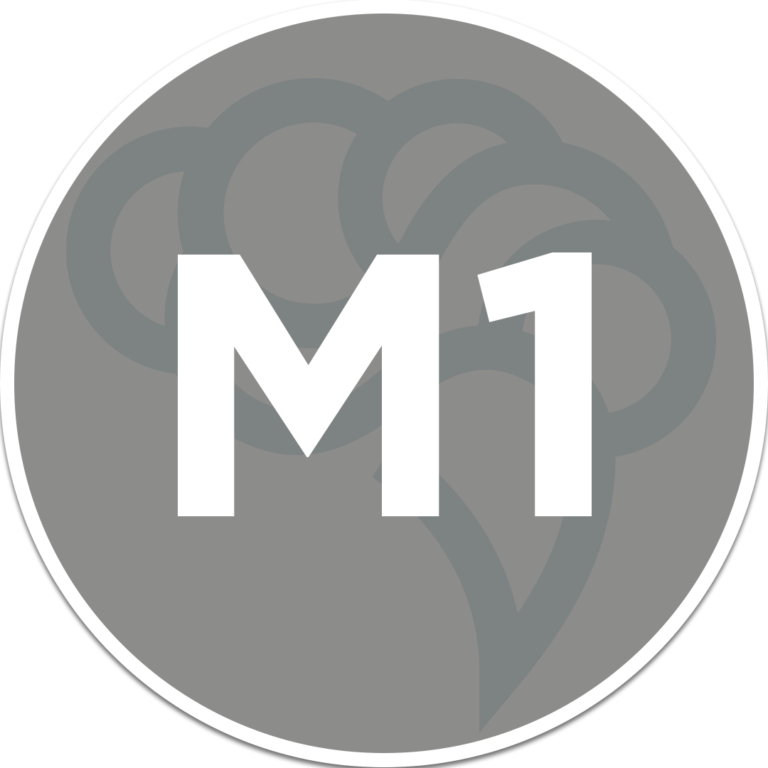
Module #1 Part One: Who Hires Medical Writers? Part Two: Medical Writing Positions
This module helps you to expand your horizons. You’ll learn the positions this field supports, as well as which types of organizations need the expertise of medical writing professionals.
- Start with a solid definition of medical writing. Before diving into a list of your potential employers, Evguenia will explain three teleological types of medical writing.
- Prepare to be surprised by the variety of job opportunities. Your course doesn’t just address the traditional medical writing position. It also covers writer-adjacent positions like Content Editor and Event Planner. This module will demonstrate just how broad the medical writing industry really is.
- Understand important nuances. Find clarity on what makes medical writing distinct from academic writing. Evguenia will also explain why content writing and copywriting aren’t the same tasks.
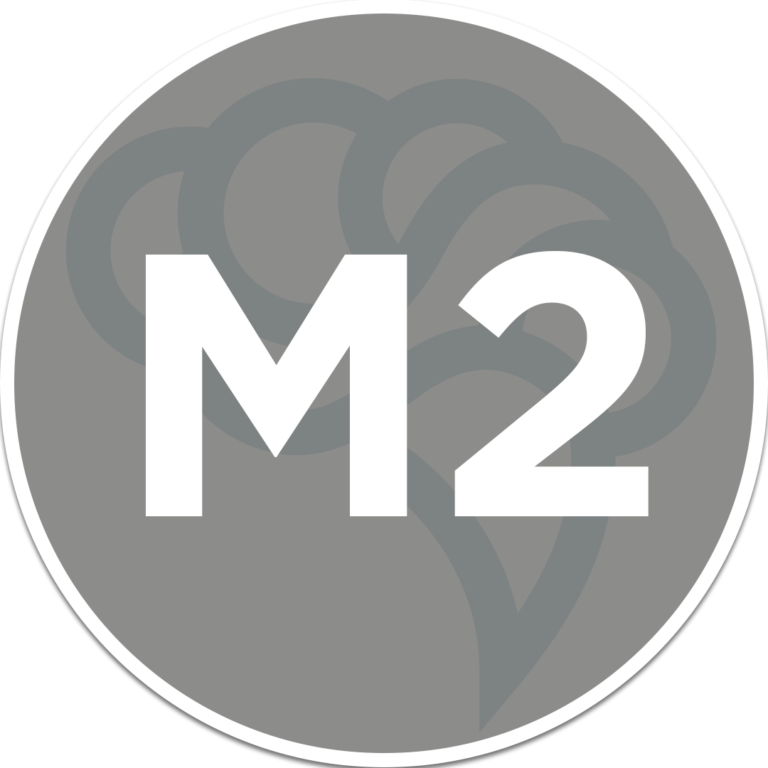
Module #2 Part One: Types of Medical Writing Part Two: Medical Writer’s Lifestyle
While the first module helped you understand the basics of medical writing, this module dives deeper into the details of the industry. Thanks to this module, you can…
- Create a short-list of potential positions to apply for. After this module, you may decide that creating regulatory documents is the right fit for you. Or you might discover that you want to play a role in improving physician education. You may even decide that medico-marketing best suits your creative skills.
- Learn about the financial incentives in medical writing. You’re not attracted to medical writing for the paycheck. But that doesn’t mean you can’t receive handsome compensation. In this module, you’ll get a granular look at salary information from North America, Europe, and Australia.
- Better understand how to assimilate into the medical writing culture. Like many industries, medical writing has its own cultural vibe. In this module, we’ll help you know what to expect so you’re prepared to interact with medical writing colleagues.
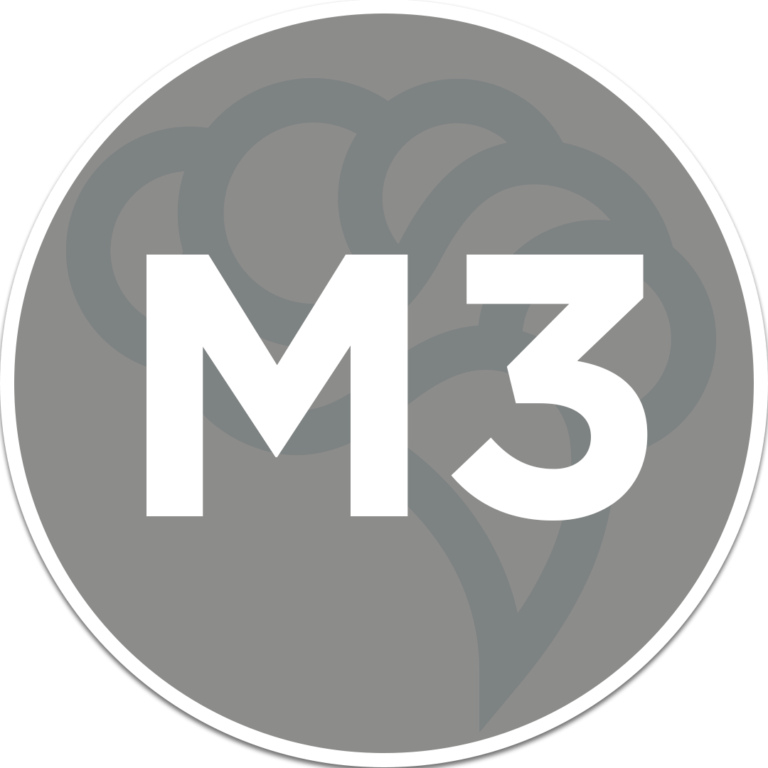
Module #3 Part One: Medical Writing Knowledge Part Two: Becoming An Expert
Becoming a successful medical writer doesn’t stop with knowing what position uniquely fits your interests. In this module, we tackle the competencies you should have and the resources you should explore. Dive in to…
- Learn the most important day-to-day activities you’ll need to succeed as a professional Medical Writer. We’ll also list a number of other important characteristics you’ll want to focus on improving, including ones that will serve you well if you move into management.
- Discover reputable resources for additional education. When you join the Association’s Diamond program, you’ll discover resources to explore for informing your writing and strengthening your industry knowledge.
- Get a start-to-finish overview of a medical writing project. When you’re new to medical writing, you may wonder what it looks like to manage a medical writing project. In this module, you’ll see an example of how a medical writing project might unfold.
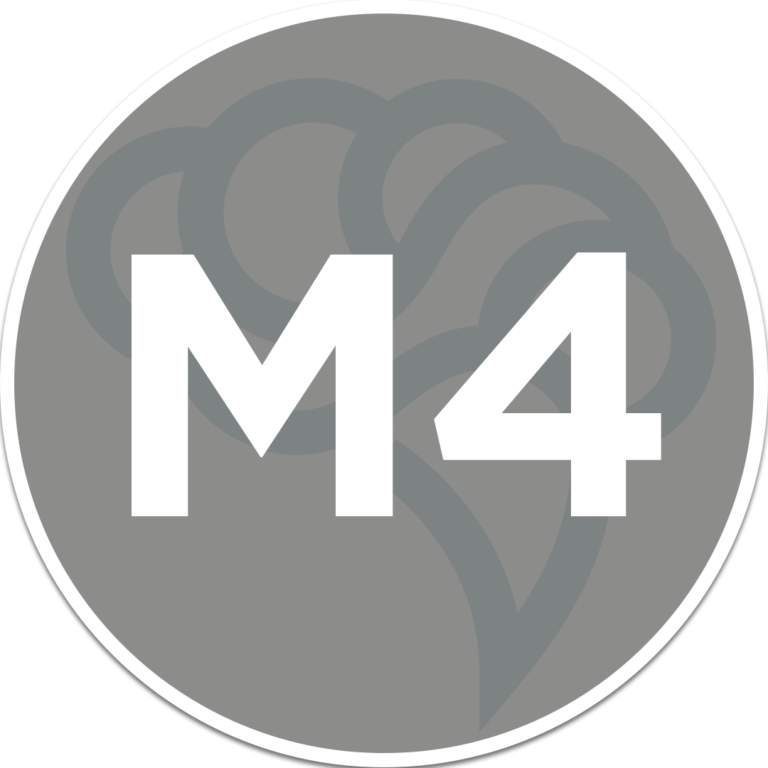
Module #4 Applying For A Medical Writing Job
If you want to become Medical Writer, it’s important to know which factors can distinguish you from other candidates. This module prepares you to demonstrate why you’re worth hiring.
- Discover why LinkedIn is especially beneficial for Medical Writers. We’ll show you how to leverage this platform while avoiding common mistakes that can work against you in your job search. We’ll also address reputation management when it comes to social media.
- See how to strategically improve your portfolio and industry experience. This module reveals how to provide tangible proof of your writing skills, even if you feel like you’re starting from scratch. From guest blogging to volunteering, we’ll help you explore different avenues for proving your value.
- Career ideas for PhDs who know a second language. If you’re not originally from an English-speaking country, you’ll want to check out this module—because we’re sharing how your bilingual capabilities can mesh with your new career.
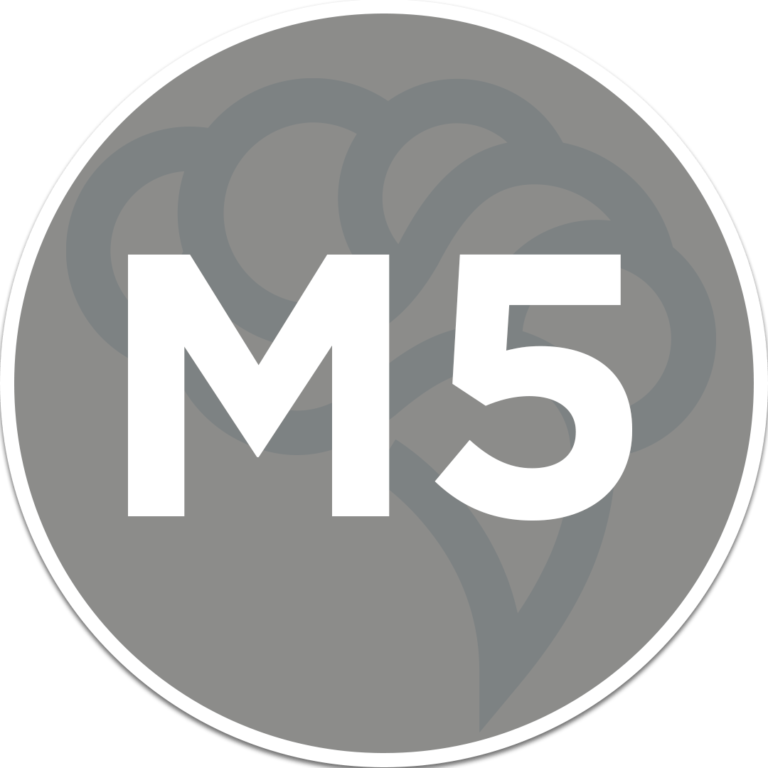
Module #5 Part One: Writing Tests Part Two: Editing Tests
When you’re applying for medical writing jobs, successfully acing interviews isn’t your only concern. You’ll need to be prepared for a writing test—and perhaps an editing test. It’s a task that can easily wrack your nerves… if you’re unprepared. In this module, you can…
- Discover potential employer expectations. Your course will help you understand what an organization’s potential criteria might be. (Hint: It isn’t simply having good writing skills and a scientific background.)
- Complete five medical writing assignments. The writing tests in this module are designed to mimic assignments you might encounter. As you complete these assignments, you’ll have the opportunity to practice before you experience the pressure of an actual evaluation.
- Tackle three editing assignments. As we already mentioned, an editing test may be required to land a position. This module contains content that requires an editor’s eye —putting your acumen in communications to the test!
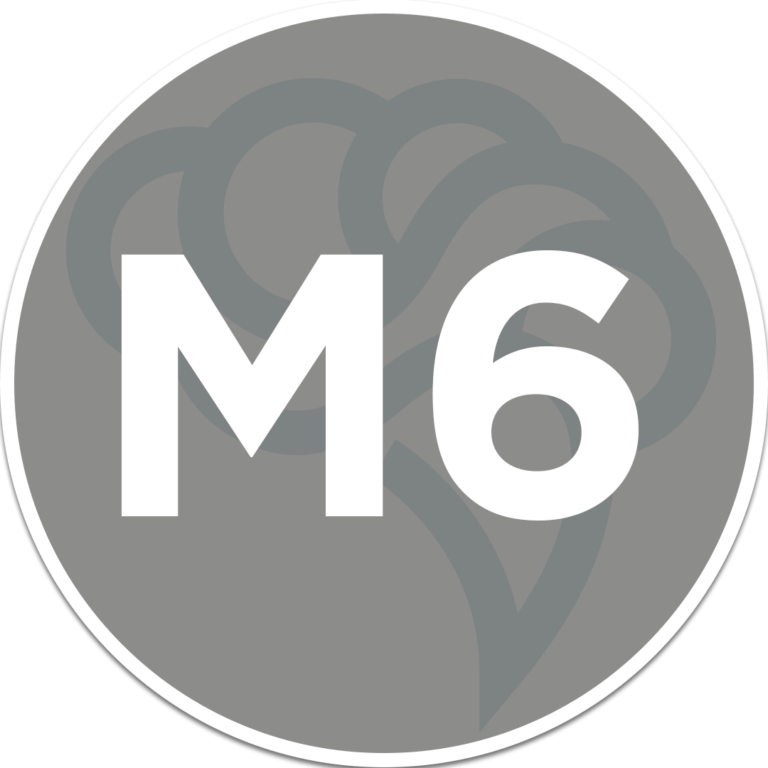
Module #6 Medical Writing Career Progression
Once you’ve landed your first medical writing job, you’ll eventually need to look beyond your current position to your next career steps. This module helps you do just that…
- Take a broad look at life after an entry-level position. With this module, you’ll understand the organizational hierarchy in medical writing, industry terms for different positions, and how many years you might expect at each phase in your journey.
- Read about positions available outside of organizations. We’ll examine both freelancing as well as launching an official medical writing business. If you’re considering opportunities that offer more autonomy, pay special attention to Evguenia’s insights—as she’s a freelancer herself.
- Get additional advice for Medical Writers. Evguenia will explain the impact that time management has on so many facets of your career and highlight the benefit of being involved in the medical writing community.
Join A Community Dedicated To Medical Writing...

This Program’s Private Group Allows Scientists to Ask Questions Freely
Whether you’re a PhD candidate, postdoc, employed PhD, or unemployed PhD, the Medical Writing Career Track is here to replace embarrassed silence with helpful support.
The beauty of the Medical Writing Career Track is that PhDs get instant access to a private group where they can ask their questions freely.
There’s no need to worry whether others have access to this group.
Only fellow Cheeky Scientist members and approved moderators will be able to see and respond to messages.
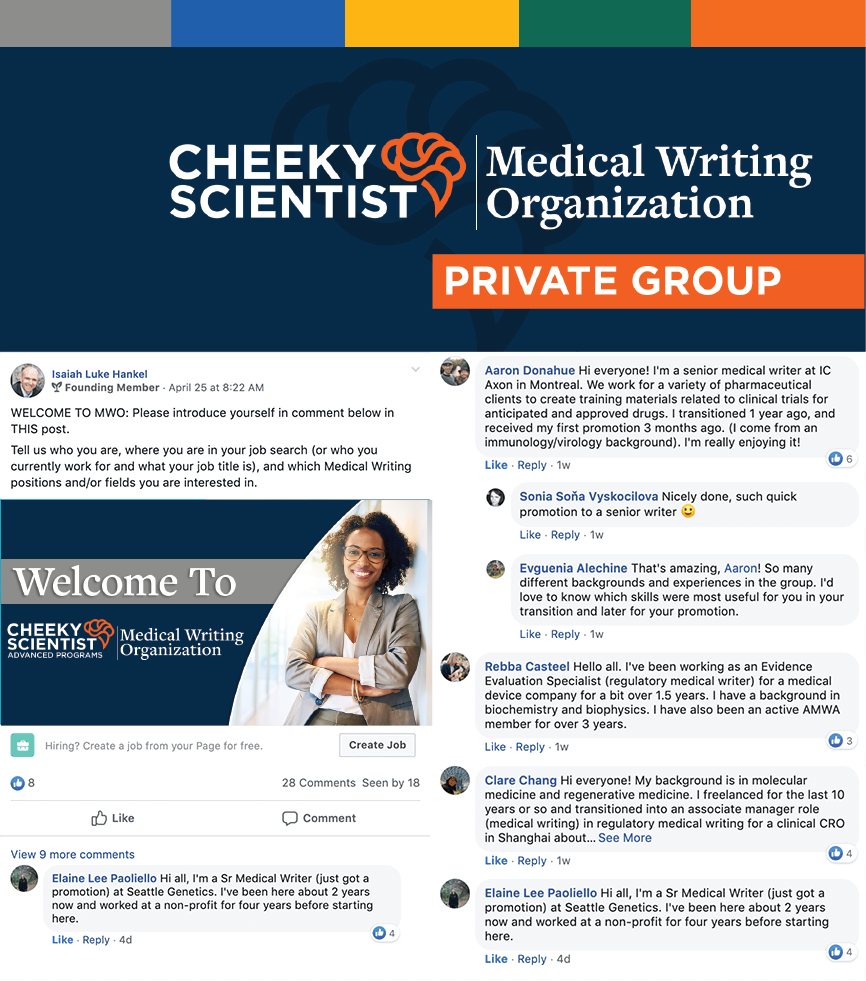
Meet The Medical Writing Career Track Board Who Will Be With You In The Program Every Step Of The Way...

Evguenia Alechine, PhD
Science Communication Consultant

Anand Devasthanam, PhD
Associate Medical Director at Syneos Health

Clare Chang, PhD
Medical Communication Lead - Senior Manager at AstraZeneca

Alejandra Viviescas, PhD
Freelancer Medical Writer And Project Manager

Somsuvro Basu, PhD
Communications and e-learning Manager at Azur Health Science

Vidhi Thakkar, PhD
Medical Writer at Smith & Nephew

Robyn Marty-Roix, PhD
Principal Medial Writer at Boston Scientific

Mansi Khanna, PhD
Senior Medical Writer at Sanofi Pasteur

Sonia Vyskocilova, PhD
Medical Writer at Ashfield MedComms

Lavanyaa Manjunatha, PhD
Freelance Medical Writer
Frequently Asked Questions About The Medical Writing Career Track…
WHEN DOES THE PROGRAM START? WHAT HAPPENS IF I MISS ONE OF THE SESSIONS?
As an academic, we know you’re busy. That’s why, if you’re already in an entry-level industry position, writing your thesis, getting married, or working for a slave-driving PI or boss, you don’t have to worry about missing out. This means you can never “fall behind.”
You get to determine the pace of the program. As soon as you sign up, you’ll receive a welcome email with your personal username and password. This login information will allow you to access the private webpage where you can start to work your way through the first module.
You will also receive immediate access to the private online group as well as a special introductory video series from several of our esteemed consultants and team members.
HOW MUCH TIME DO I NEED TO COMMIT TO THE MEDICAL WRITING CAREER TRACK?
It’s simple: the more you put into the program, the more you’ll get out of it.
Other factors that will affect how much time you will need include:
- How much prior industry training you have
- How experienced you are with basic technology
- Your overall clarity and how quickly you make decisions
- Whether or not you choose to participate in the comments and conversations in our private online groups (these are recommended, but optional)
- Whether or not you show up to the live webinars and engage with the presenters in real time by asking questions
If you choose to go through the program live with us and fully participate in every aspect of the course (live webinars, comments, conversations in the community, etc.), a very rough time estimate would be 5 to 10 hours per week for the first eight weeks, and 2 to 5 hours per week for the next few weeks, or until you get the management-level job of your choice.
However, if you simply want to digest the material and take a more rapid learning approach to the Medical Writing Career Track, you’ll need approximately 3 to 5 hours the first three weeks and 1 to 2 hours a week thereafter.
YOU MENTIONED A PRIVATE GROUP — WHAT IS THIS AND HOW DO I GET THE MOST OUT OF IT?
We strongly believe that a writer’s network is their net worth. Being part of a community of like-minded professionals who are dedicated to their own personal and professional success should be an important part of your career strategy.
Surrounding yourself with people who are dedicated to their career goals will keep you motivated and moving forward. We treat the members of this group as friends, and we encourage you to participate and build lifelong friendships as well.
There is a private and welcoming Facebook group of new and old Cheeky Scientist members, some of whom are Senior Managers, Vice Presidents, and even CEOs, who are constantly supporting each other with questions, answers, and comments on topics ranging from current job openings and new industry positions to networking event information and advanced LinkedIn strategies.
WILL THE MEDICAL WRITING CAREER TRACK WORK FOR ME? I’VE JOINED OTHER PROGRAMS AND THEY DIDN’T DO ANYTHING. HOW IS THIS DIFFERENT?
You are an intelligent PhD, which means that you know that no program will work unless you work. If you’re expecting The Medical Writing Career Track, or anything else, to magically solve your problems, please do not sign up. This is not some weekend retreat where you come in and hear a bunch of empty motivational words and then go back to whatever it is you were doing before.
The program is designed not just to help you get your first industry job, but to help you get promoted and stay one step ahead for the rest of your career. This means we actually care that you learn and implement our material.
That’s why you must agree upon registration to our 14-Day Refund Policy. In order to be eligible for a refund, you must submit your completed answers and notes to all modular exercises, quizzes, and exams, including all private group homework within 14 days of the start of the program.
We know that if you do the work, you will achieve results and get an awesome industry job. We’re challenging you to think and behave differently than the average PhD. You cannot just learn this material and stop working. Knowledge is not the end result here. You must apply the knowledge you learn. We put a tremendous amount of energy into the program, and you need to match that energy. Unified effort — you working hard and us working hard for you — is what will make you successful.
I AM BASED IN XYZ COUNTRY, WILL THE MEDICAL WRITING CAREER TRACK STILL BE ABLE TO HELP ME?
Collectively our team of Trainers and Consultants have worked in over 35 different countries around the world, including the United States, the United Kingdom, France, Germany, Belgium, Austria, the Netherlands, South Africa, Brazil, Peru, India, Singapore, China, Japan, Australia, New Zealand, and many more. As a result, we have incredible insight into how things work in all types of organizations, governments, and industrial systems.
Most industry skills are the same from one country to the next. In particular, developing your communication and interpersonal skills is one of the most important factors in getting hired globally. The Medical Writing Career Track accounts for this by mentoring you with content that has been approved internationally.
Don’t Miss Your Chance To Become A Top Medical Writer
You have a keen scientific mind.
You’ve proven that in your academic studies.
But you also have unusual communication skills.
It’s time to combine your two talents.
The Medical Writing Career Track can boost your confidence as you make a bold career move.
Learn from practicing medical writing professionals.
Get savvy about the industry.
Make an investment in your future career.
Join the Cheeky Scientist Association Diamond Program.
We help PhDs from every discipline get into many different types of careers, including Medical Writing.
We show you how to leverage the skills you already have to get hired into a myriad of industry jobs, including Medical Writing.
We show you how to get the job, not how to do the job because each company has their own proprietary systems and will teach you how to do the job through on-the-job training.
But, before you can get this training, you have to get hired first.
That’s where we come in.
We will guide you on how to use your PhD to get hired into Medical Writing.
